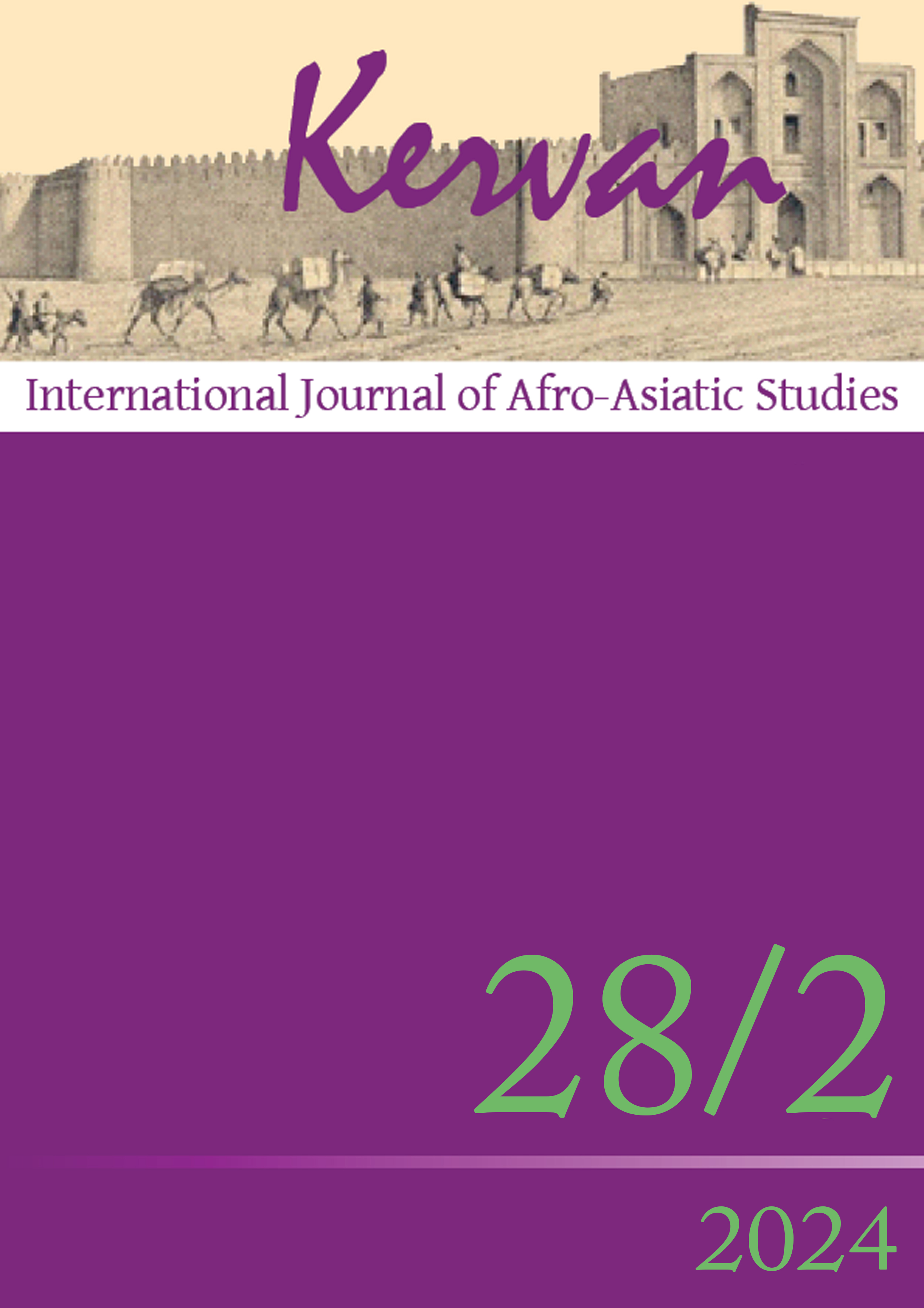Deconstructing and reconstructing holy meanings through an ‘exegesis’ of W. E. Mkufya’s novels
DOI:
https://doi.org/10.13135/1825-263X/11450Abstract
This study introduces an original reading of William Mkufya’s Swahili novels through an investigation of not only direct and indirect intertextual links from the sacred texts, namely the Bible and the Qur’an, but also explicit or implicit references to them.
Mkufya either refers to or critiques some religious prescriptions deconstructing and reconstructing meanings as an exercise to ‘decolonise the mind’ (Wa Thiong’o 1986). Beside this, Mkufya in his novels experimented with style and genre-blending to articulate plural philosophies and epistemologies.
This ‘exegesis’ of Mkufya’s novels has been conducted through a combination of personal conversations with the author and in-depth textual analysis of the following novels: The Wicked Walk (1977) which Mkufya self-translated into Swahili as Kizazi Hiki (“This Generation,” 1980), Ziraili na Zirani (“Azrael and Zirani,” 1999), Ua La Faraja (“The Flower of Consolation,” 2004) and Kuwa Kwa Maua (“The Existence of Flowers,” 2019).
Downloads
Downloads
Published
Issue
Section
License
Gli autori che pubblicano su Kervan accettano le seguenti condizioni:
- Gli autori mantengono i diritti sulla loro opera e cedono alla rivista il diritto di prima pubblicazione dell'opera, contemporaneamente licenziata sotto una Licenza Creative Commons - Attribuzione che permette ad altri di condividere l'opera indicando la paternità intellettuale e la prima pubblicazione su questa rivista.
- Gli autori possono aderire ad altri accordi di licenza non esclusiva per la distribuzione della versione dell'opera pubblicata (es. depositarla in un archivio istituzionale o pubblicarla in una monografia), a patto di indicare che la prima pubblicazione è avvenuta su questa rivista.


 The articles that have appeared on Kervan since 2016 are rated as Class A in the system of National Scientific Qualification (ASN, disciplines 10/N1 and 10/N3).
The articles that have appeared on Kervan since 2016 are rated as Class A in the system of National Scientific Qualification (ASN, disciplines 10/N1 and 10/N3). The journal has been approved for inclusion in DOAJ. The DOAJ listing of the journal is available at
The journal has been approved for inclusion in DOAJ. The DOAJ listing of the journal is available at  The journal has been approved for inclusion in ERIH PLUS. The ERIH PLUS listing of the journal is available at
The journal has been approved for inclusion in ERIH PLUS. The ERIH PLUS listing of the journal is available at  Kervan was just accepted for indexing in SCOPUS. This important milestone ensures that articles published in Kervan are easily found when searching for library, archives and Information science and it enables Kervan authors to keep track of how often their article has been cited by others.
Kervan was just accepted for indexing in SCOPUS. This important milestone ensures that articles published in Kervan are easily found when searching for library, archives and Information science and it enables Kervan authors to keep track of how often their article has been cited by others.

